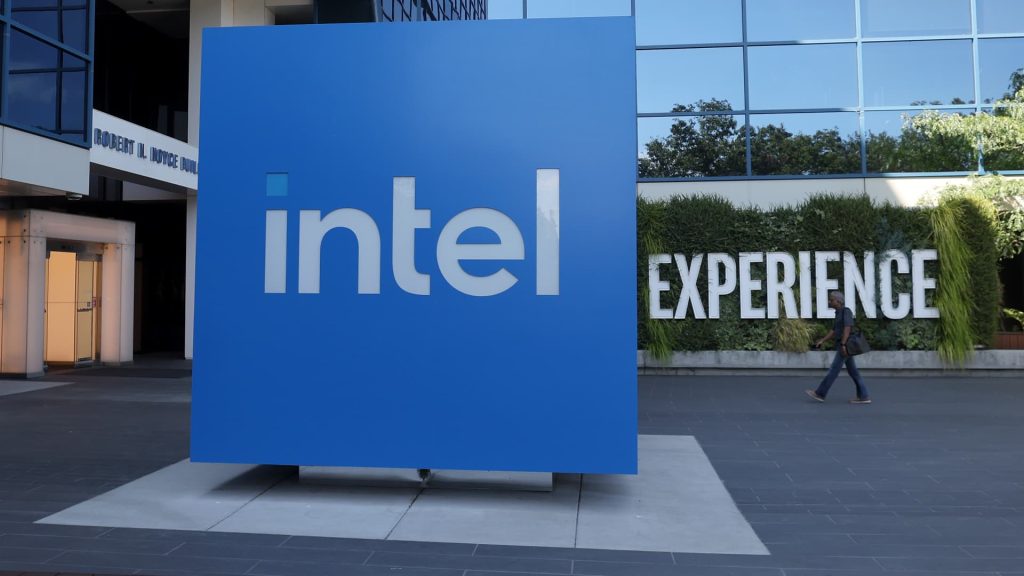Intel is working with advisors including Morgan Stanley to help defend itself against activist investors, according to people familiar with the matter, as CEO Pat Gelsinger attempts to turn around the struggling chipmaker.
While Intel has faced activist pressure in the past, no new campaign has been formally launched and it isn’t clear if an activist investor has been in contact with the company’s board. Morgan Stanley has previously worked with Intel, including in the company’s 2022 spinoff of Mobileye.
The sources with knowledge of Morgan Stanley’s latest involvement asked not to be named due to confidentiality. Representatives for Intel and Morgan Stanley declined to comment.
Intel lost its title as largest U.S. chipmaker by revenue last year, as Nvidia’s booming artificial intelligence business lifted it to the top. Nvidia had long since surpassed Intel in terms of market cap and is now valued at more than $3 trillion, making it roughly 35 times the size of its smaller rival. Intel has also fallen behind Advanced Micro Devices, Broadcom, Qualcomm and Texas Instruments by market cap.
Earlier this month, Intel announced that it’s cutting roughly 15% of its workforce, or 15,000 jobs, as part of a $10 billion cost-reduction plan. At the same time, the company reported quarterly results that trailed Wall Street estimates and said it won’t pay a dividend in the fiscal fourth quarter.
The biggest challenge for Intel of late is that it’s been largely left behind in the AI battle, as big cloud vendors and developers of large language models turn to Nvidia’s GPUs for the heftiest workloads. Prior to the AI craze, Intel missed out on much of the smartphone boom.
In 2020, before Gelsinger’s ascension to CEO, Dan Loeb’s Third Point took a sizable stake in Intel and pushed the company to explore strategic alternatives to address market share slippage. Intel’s board is led by Frank Yeary, a well known investment banker who formerly served as executive chairman of Camberview, prior to its acquisition in 2018.
The board experienced some turmoil this week, when Lip-Bu Tan, a veteran of the semiconductor industry, announced on Thursday that he’s stepping down after just two years as a director.
“This is a personal decision based on a need to reprioritize various commitments and I remain supportive of the company and its important work,” Tan said in a filing.
— CNBC’s Alex Sherman and Kif Leswing contributed to this report.
WATCH: Intel faces shareholder suit
Read the full article here











